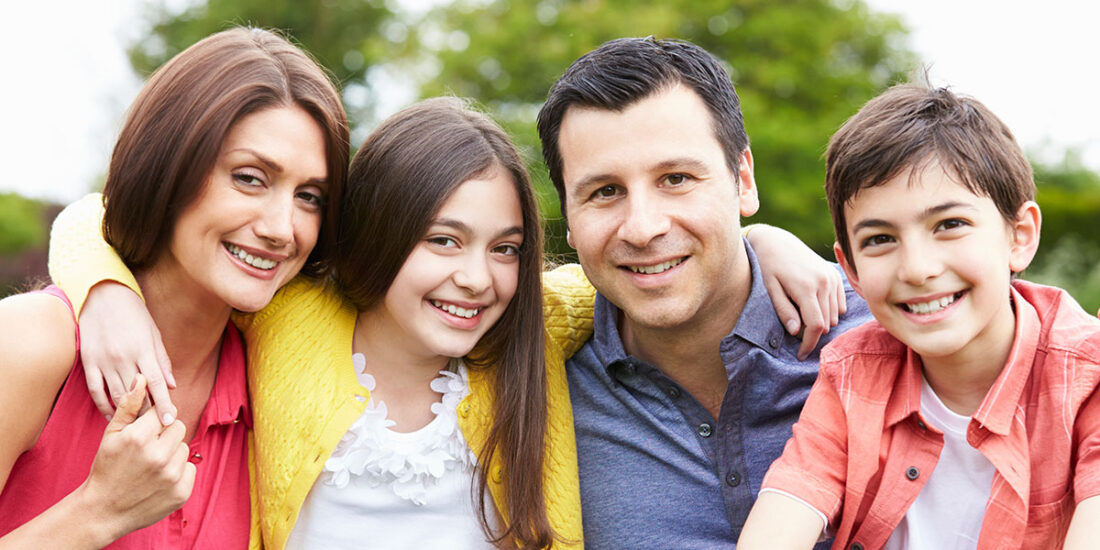Study: Long-Term Mentoring Helps Foster Families

The nonprofit Friends of the Children, which receives support from the Annie E. Casey Foundation, aims to break the cycle of generational poverty by pairing professional mentors with kids who are involved in the child welfare system. Implemented at 15 sites nationwide, the Friends of the Children model is rooted in research that indicates stable relationships with caring adults can pave the way for children to develop socially, emotionally and, even, cognitively.
A pilot adaptation has taken the program’s support a step further — extending its reach to caregivers — and it’s an approach that seems to be working, according to a yearlong evaluation by the University of Washington’s Social Development Research Group.
In the pilot, professional mentors — called Friends — work one-on-one with youth while also helping their families navigate systems, advocate for services and build skills specific to the needs of children in foster care. Before being paired with families, Friends receive specialized training, which includes practice working with individuals who have experienced trauma.
“The Friends of the Children model is clearly aligned with Casey’s priority of making sure that all kids have the opportunity to thrive, but the appeal of this study in particular was its interest in improving services to the whole family — which we know produces better results than a single-generation approach,” says Suzanne Barnard, director of Casey’s Evidence-Based Practice Group.
For the study, researchers selected adults from three Friends of the Children sites (Portland, Oregon; Seattle, Washington; and Tampa, Florida) that were piloting the expanded support model. These 55 participants had various roles in the children’s lives — from Friends, biological and foster caregivers to social workers and teachers — and provided extensive feedback through focus groups, interviews and surveys.
This information helped researchers understand how Friends functioned in the families’ lives and the three types of support that the families found most valuable. These were:
- Connecting the entire family to resources such as counseling, transportation assistance and material resources such as food and clothing;
- Empowering caregiver participation in school-related activities, such as supporting special needs and navigating individualized education planning; and
- Supporting youth to self-regulate and build positive relationships while also helping caregivers to navigate behavioral challenges.
The feedback gathered also identified program strengths and opportunities for improvement, such as improving how consistently Friends engaged with families and strengthening mentor training and preparation in specific areas.
Because the pilot is still in its early stages, the kids are just a few years into the program, which runs 12.5 years — from kindergarten through high school. Friends of the Children plans to use data from the University of Washington’s study to inform its model and improve its services as the children and families grow.
The study’s influence is already apparent. Its results have helped shape the organization’s next two-generation initiative — an effort focused on young parents who have experienced foster care and their children, according to Susan Walsh, Friends of the Children’s director of research.





